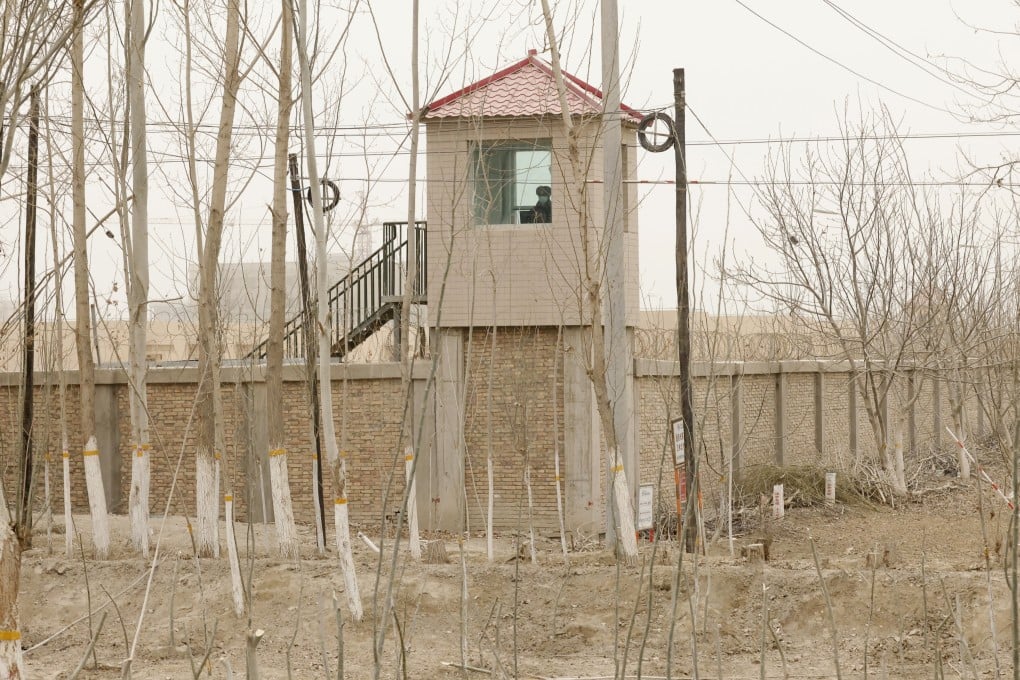Xinjiang party chief meets UN labour group as China seeks to confront forced labour claims
- Ma Xingrui tells a delegation from the International Labour Organization that accusations of human rights abuses are the result of rumours
- Analysts say Beijing may be trying to be more active in its response to criticisms of its treatment of mainly Muslim minorities in the region

Analyst said the meeting marked a shift away from “passively responding” to human rights criticisms on Xinjiang, and may pave the way for a field study by the International Labour Organization.
Xinjiang’s party chief Ma Xingrui told Corinne Vargha, the head of the ILO’s international labour standards department, that accusations of forced labour were the result of “reckless” rumours and ignored the region’s efforts to safeguard people’s rights, the official Xinjiang Daily reported.
“We consider employment to be the most crucial aspect of people’s livelihoods, [and we have] vigorously implemented strategies prioritising employment, continuously expanding employment opportunities, actively assisting people of all ethnic groups in gaining employment and increasing income,” Ma said.
Ma said he hoped the members of the ILO delegation could “uphold a fair and objective attitude” towards the region’s policies.

The UN special agency acknowledged the visit but provided few details.